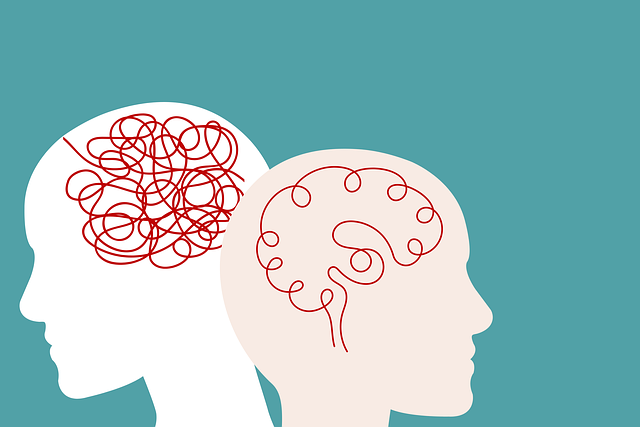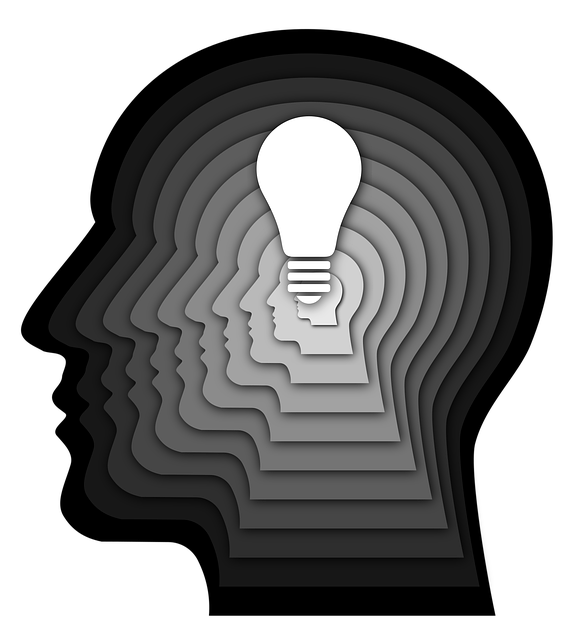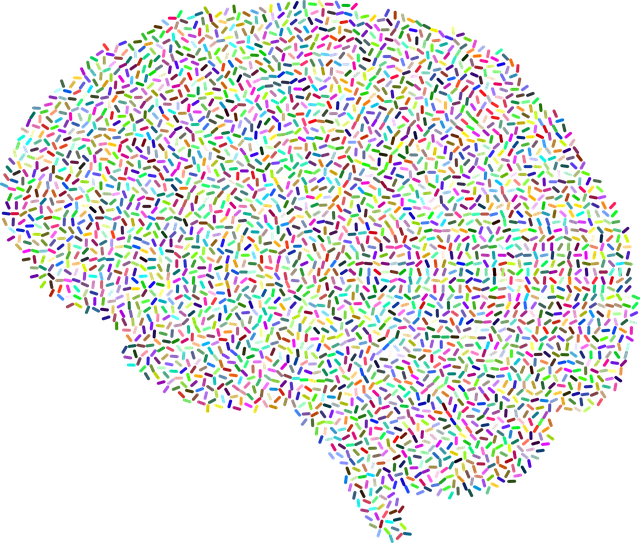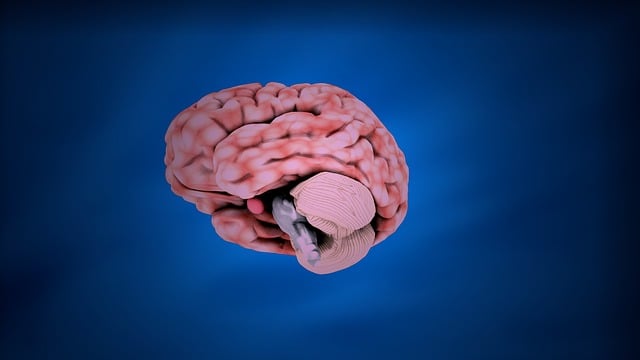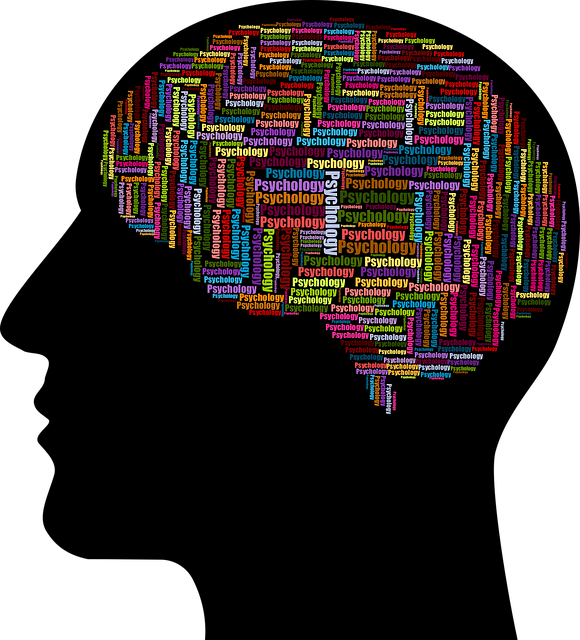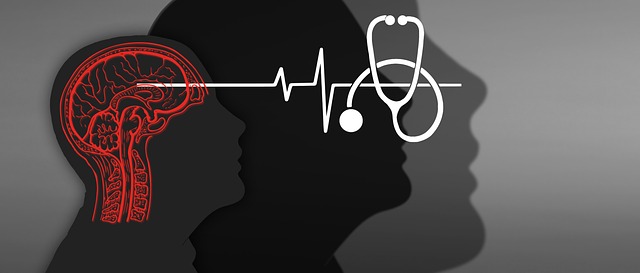Adolescent mental health challenges, particularly Attention Deficit Disorder (ADD) and Attention Deficit Hyperactivity Disorder (ADHD), are growing concerns. Early intervention through comprehensive evaluations and tailored guidance is crucial. Therapy, including techniques like mental wellness journaling, enhances self-awareness and improves academic performance, social interactions, and overall mental health. Coaching, a transformative approach, focuses on personal development and inner strength to equip teens with essential skills for emotional well-being. Tailored coaching programs incorporate evidence-based practices for ADD/ADHD evaluations, fostering resilience and self-compassion. Integrating therapeutic techniques in coaching sessions provides comprehensive support, addressing academic and personal challenges. Measuring success involves quantitative and qualitative data on mental health status improvements, coping strategies, and stress management skills using standardized questionnaires and journaling exercises.
Mental wellness coaching programs are gaining traction as innovative solutions for adolescent mental health challenges, particularly Attention Deficit Disorder (ADD) and Attention Deficit Hyperactivity Disorder (ADHD). This article delves into the development of such programs, highlighting the unique role coaching plays in supporting teens with ADD/ADHD. We explore strategies for effective program design, integration of therapy techniques, and key metrics for evaluating success in mental wellness coaching, offering valuable insights for professionals and parents seeking therapeutic alternatives.
- Understanding Adolescent Mental Health Challenges: A Focus on ADD/ADHD
- The Role of Coaching in Supporting Teens with ADD/ADHD
- Designing Effective Wellness Coaching Programs for This Demographic
- Integrating Therapy Techniques into Coaching Sessions
- Measuring Success: Evaluations and Metrics for Teen Wellness Coaching
Understanding Adolescent Mental Health Challenges: A Focus on ADD/ADHD

Adolescent mental health challenges are a growing concern, with Attention Deficit Disorder (ADD) and Attention Deficit Hyperactivity Disorder (ADHD) being prominent issues among teens. These disorders often present unique obstacles for young individuals, affecting their ability to focus, manage impulsivity, and maintain a consistent mood. Recognizing the significance of early intervention, therapy for adolescent teens with ADD/ADHD has become a critical component of mental wellness coaching programs.
Through comprehensive evaluations, professionals can identify these challenges and provide tailored guidance. Mental wellness journaling exercises, for instance, can offer adolescents a means to process their thoughts and emotions while enhancing self-awareness. Moreover, addressing ADD/ADHD through therapy not only improves academic performance but also fosters better social interactions and overall mental health, thereby contributing to a more robust Mental Health Policy Analysis and Advocacy.
The Role of Coaching in Supporting Teens with ADD/ADHD

Coaching plays a pivotal role in supporting teens with ADD/ADHD by providing them with tools to manage their symptoms and thrive. Unlike traditional therapy which often focuses on diagnosing and treating specific issues, coaching emphasizes personal growth, self-awareness, and building inner strength. Through regular sessions, teens learn effective strategies for time management, organization, and focus – skills crucial for academic success and overall well-being.
Moreover, mental wellness coaches help adolescents navigate the emotional healing processes associated with ADD/ADHD, fostering resilience and coping mechanisms to prevent burnout. By encouraging open communication and setting achievable goals, coaching empowers teens to take ownership of their mental health journey. This supportive environment allows them to develop a positive self-image, boost confidence, and cultivate inner strength to overcome challenges – paving the way for improved concentration, productivity, and overall life satisfaction.
Designing Effective Wellness Coaching Programs for This Demographic

Designing effective mental wellness coaching programs for adolescent teens requires a tailored approach to address their unique needs and challenges. This demographic often faces increased stress, anxiety, and difficulties managing ADD/ADHD symptoms, which underscore the importance of specialized support. Coaches should incorporate evidence-based practices like compassion cultivation to foster an environment of understanding and empathy. By integrating these strategies into coaching sessions, professionals can effectively guide teens towards better emotional regulation, enhanced focus, and improved overall mental wellness.
The development of such programs involves careful consideration of age-appropriate activities and tools that engage teens in the healing process. Incorporating therapy techniques specifically tailored for ADD/ADHD evaluations ensures that coaches can identify and address underlying issues. Through this holistic approach, Mental Wellness Coaching Programs Development becomes a powerful tool, offering anxiety relief and empowering teens to navigate their emotional landscapes with resilience and self-compassion.
Integrating Therapy Techniques into Coaching Sessions

Integrating therapeutic techniques into coaching sessions offers a holistic approach to supporting adolescent teens with ADD/ADHD. By combining evidence-based practices, coaches can address both academic and personal challenges. Therapy for this demographic often focuses on skill development, such as time management, organization, and coping strategies, which are crucial elements in enhancing their overall emotional well-being.
Effective coaching sessions should incorporate risk management planning, crisis intervention guidance, and emotional well-being promotion techniques. These strategies enable teens to navigate academic pressures, social interactions, and personal struggles more effectively. With the right tools and support, adolescent teens with ADD/ADHD can improve focus, increase productivity, and foster a positive sense of self.
Measuring Success: Evaluations and Metrics for Teen Wellness Coaching

Measuring success in teen wellness coaching is paramount to understanding the program’s effectiveness and ensuring positive outcomes. Evaluations play a crucial role in this process by providing quantitative and qualitative data that shed light on participants’ progress. These assessments should encompass various aspects, such as mental health status improvements, enhanced coping strategies, and better stress management skills.
One effective metric is tracking changes in symptoms associated with Attention Deficit Hyperactivity Disorder (ADHD) or similar conditions through standardized questionnaires. Additionally, incorporating Mental Health Education Programs Design elements can foster self-awareness and reflection, making it easier to measure progress through qualitative feedback and journaling exercises. Regularly assigned Mental Wellness Journaling Exercises can capture insights into the teen’s emotional well-being, stress management techniques, and overall mental health trajectory.
Mental wellness coaching programs offer a promising approach to supporting adolescent teens with ADD/ADHD, combining the benefits of therapy and personalized guidance. By integrating evidence-based techniques into these sessions, coaches can effectively navigate the unique challenges faced by this demographic. Regular evaluations using tailored metrics ensure the success and impact of these programs, ultimately fostering improved mental health outcomes for teen participants. With a focus on individualized care and innovative support systems, coaching can revolutionize therapy for adolescent teens with ADD/ADHD, leading to enhanced well-being and a brighter future.
